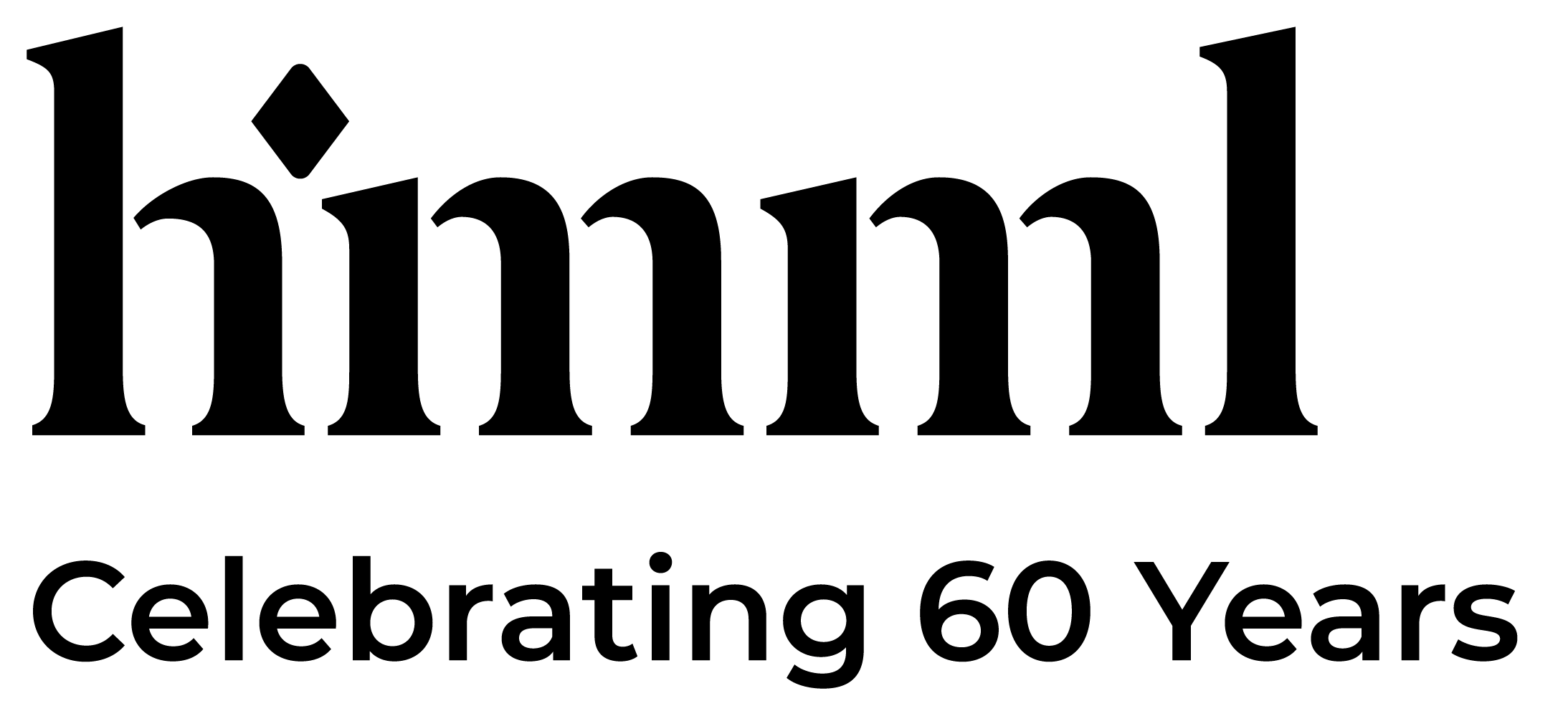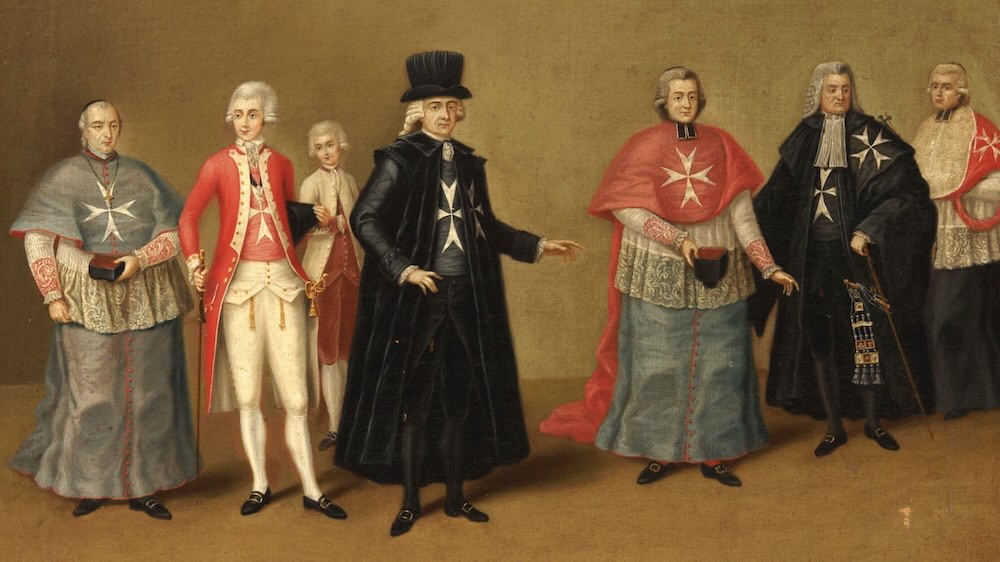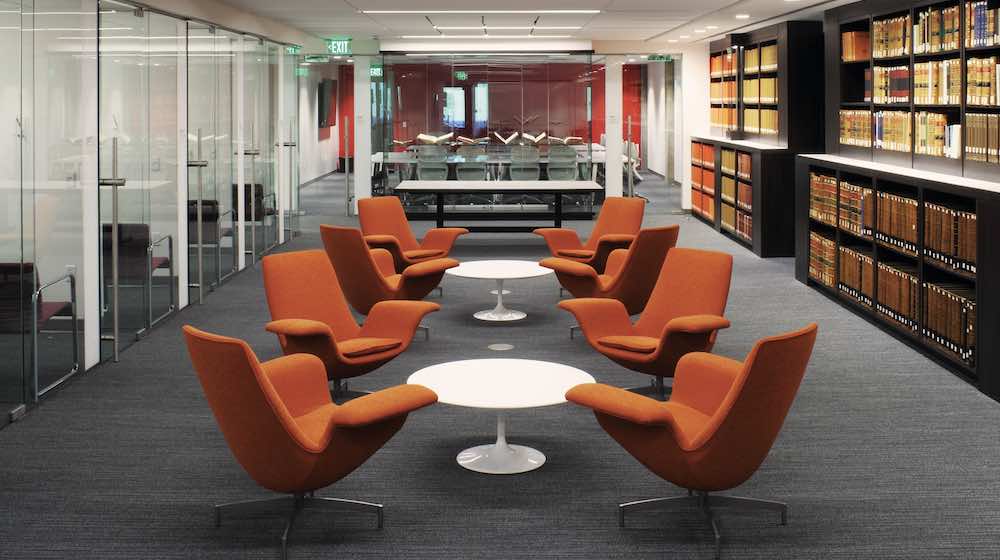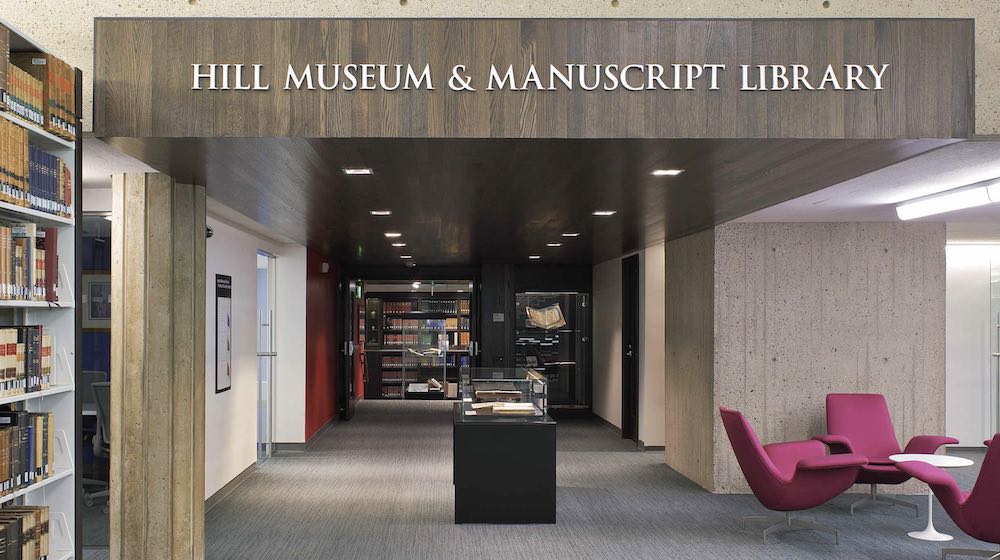Meet Dr. Paul Naylor
Meet Dr. Paul Naylor
Dr. Paul Naylor, cataloger of West African manuscripts, began his work at HMML in 2020. Originally from the UK, Dr. Naylor received degrees from the University of London’s School of Oriental and African Studies (SOAS) and Goldsmiths, as well as a PhD in African Studies from the University of Birmingham in the UK. Dr. Naylor has taught as an adjunct professor at Tulane University in New Orleans, Louisiana, as well as at The University of Chicago and Loyola University Chicago in Illinois. He has supported exhibitions and workshops at several universities and institutions, including Northwestern University and the British Library.
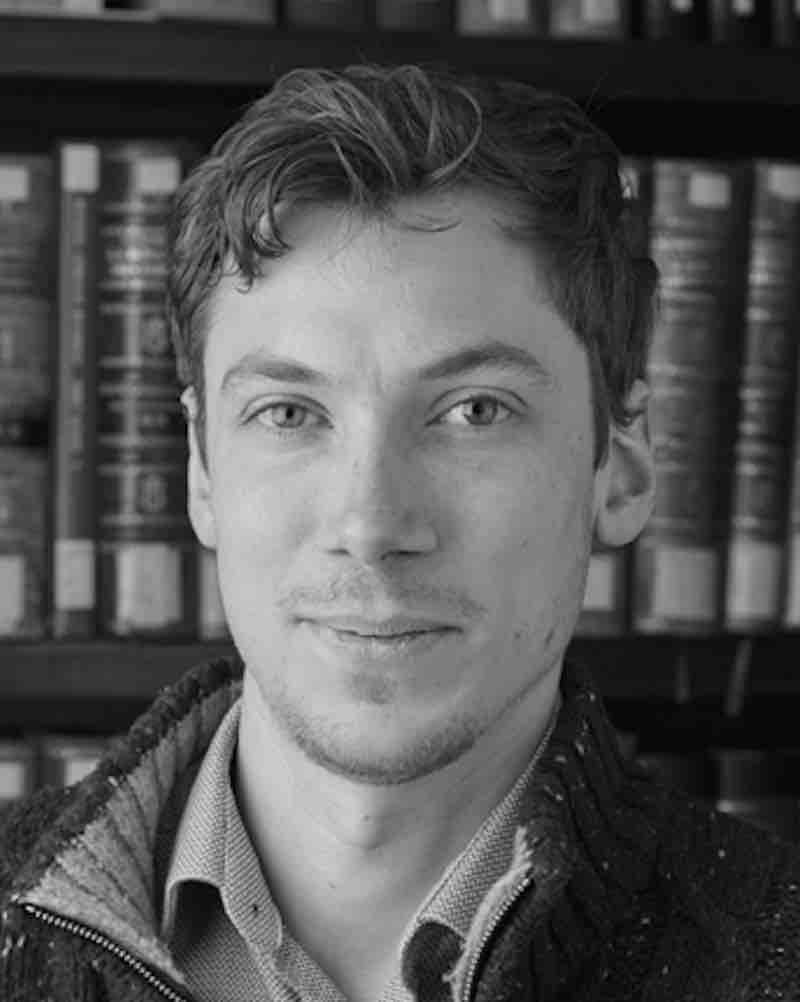
What experiences led you to your work with HMML?
My PhD involved a close reading and analysis of dozens of texts authored by West African idealogues of the 19th century, most of them accessible only in manuscript form. At the same time, I was also performing cataloging work at the British Library. This gave me a skillset that made HMML a natural fit. As a researcher often struggling to locate particular documents across a wide variety of collections, it also gave me an appreciation for the importance of cataloging and curatorial work, and a strong desire to make these items more accessible.
What changes or advancements would you like to see in your field?
Most of the time we are conversing with a small community of specialists. There are many geographic and disciplinary silos separating, say, historians of the Middle East and North Africa from historians of West Africa, or separating those working on West Africa from anthropological and historical perspectives. Meanwhile in Islamic studies, West Africa is treated as a periphery to the wider Muslim world or is valuable only as a special case. As we make more and more written material from this part of the world freely accessible to researchers and the general public, I would hope to see West Africa’s intellectual production be better known and valorized as a source of ideas, as has been the case with the Western canon.
What advice would you give to someone who is considering learning another language?
Start now! Because the more years you have and the more other commitments that come up, the harder it is. Don’t be afraid of making mistakes. Learn some vocab, put yourself out there, and later you will worry about speaking correctly. Speakers will pick up on your enthusiasm to learn their language and will, more often than not, be generous with their time.
It is also very important to surround yourself with the language. Of course, the best is to travel to where your language is spoken (which may be all the more difficult today due to security challenges that were not an issue when I was younger and travelling around Yemen, Libya, Syria, and other places). But if that’s not possible, stream radio stations in that language, play songs and learn the lyrics, or sit down with a newspaper and a dictionary!
Share a story about something unexpected, new, or memorable that you encountered in your work.
The longer that Dr. Ali Diakite and I work on HMML’s collection of West African manuscripts, the clearer an idea we get of the priorities and interests of those who composed and copied these items.
One of the most interesting themes to emerge is the use of local plants, animals and natural phenomena as a teaching tool. For example, books that “translate” the cries of animals into reminders for good behavior, stories of the Abrahamic prophets incorporating various animal fables, or books on theology citing natural phenomena as proof of God’s oneness. The thousands of medicinal and magical preparations involving botanical substances also point to a rich web of cultural associations connected to various flora and fauna.
What do you like to do in your free time outside of HMML?
Outside of cataloging and academic work, I am active in my local community in the north side of Chicago. I manage a community garden, and run a group that prunes and takes care of urban trees in parks and parkways. I also sit on the environmental board of my local ward office, pushing changes to city policies on pollinator gardens and the management of parkway spaces.
